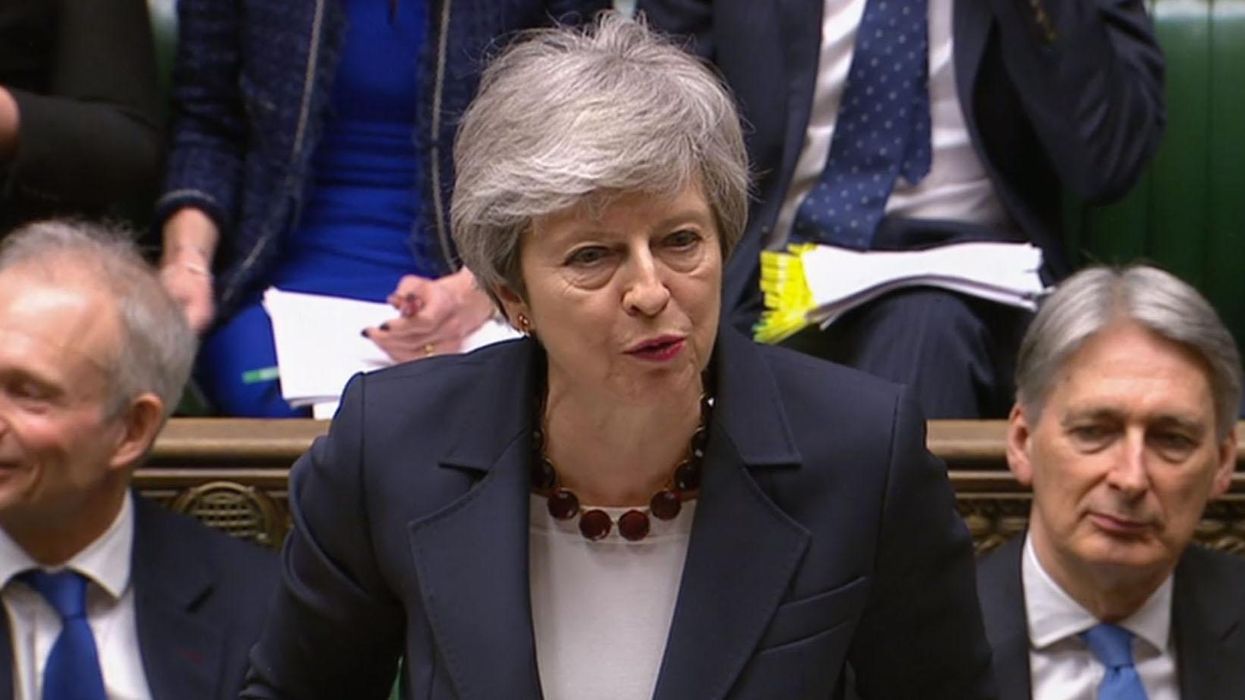With the UK about to enter borrowed time in the bid to resolve the Brexit crisis, MPs in the House of Commons will mull over our best options on Wednesday before taking part in a series of "indicative votes" on them.
Speaker John Bercow has chosen eight out of 16 possible outcomes to put before ministers, after control of the process was wrestled from the prime minister.
MPs will begin debating the merits of each at 5pm, followed by voting at 7pm and the results announced at 9pm.
The eight options under consideration will need to secure 318 votes to claim a majority - half the number of sitting MPs, plus one.
If no clear winner emerges, which is likely, a second evening of votes could then be held on April Fool's Day, which is a happenstance just too perfect for words.
So what are the alternatives to Theresa May's twice-dismissed Withdrawal Agreement set for discussion and how likely are they to succeed?
Of the 16 originally in contention, John Berkow has selected the following:
Here's what they mean.
Amendment B stands for a no-deal exit from the EU on 12 April, which won't win a majority otherwise matters wouldn't have been brought to this end.
Amendment D is also known as the "Common Market 2.0" proposal and a soft Brexit option. It was proposed by a cross-party group of MPs and would see the UK participate in the single market and a "comprehensive customs agreement with the EU.
Amendment H would mean joining the European Economic Area and European Free Trade Association but not a UK-wide customs union, allowing the UK to seek it's own deals after Brexit. This is expected to be the Conservative Party's preferred alternative.
Amendment J would see the UK retain its place in the customs union after Brexit.
Amendment K is Labour's Brexit plan, which would see the UK stay in a customs union with the EU, align itself with the single market and participate in EU agencies.
Amendment L calls for Article 50 to be revoked.
Amendment M subjects any Brexit end state to a public vote. How the vote on this amendment fares will indicate the desire within the Commons for a second referendum.
Amendment O indicates a "managed no-deal" Brexit and would see the UK seek enough short-term trade deals to ease the pain. Advocated by the European Research Group within the Tory Party but may struggle to find wider support.
More: Billboard expertly trolls Theresa May with her own anti-Brexit message















